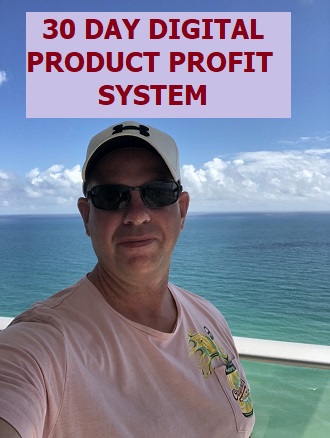How many of you are guilty of this very addictive behavior…starting projects before you have finished the last one?
It’s sort of like opening up that shiny new toy at Christmas, but to keep from losing that “new toy rush” you quickly move to another one and open it…then another, and another.
New entrepreneurs or businesses that are looking to move in another direction with a new initiative are all guilty of this to one extent or another.
Just last week we had a new member over at InfoMarketer’sZone that admitted to me he had started at LEAST two dozen different projects over the last few years, some of which included affiliate marketing sites, partially developed info products, a network marketing business, several blogs, a business creating and flipping sites, Adsense (or PPC) sites, etc…
What was the sum total in the wake of this barrage of new projects?  Less than $1000!
In other words, 5-figures worth of effort invested, huge motivation and still just $920 to show for it (which was more than eaten up by the web hosting, auto-responder and training programs that he invested in along the way)
A Real Business Does This…
If you are running a 7-figure offline or online business serving thousands of customers with set product line you don’t have the luxury of starting off in a dozen different directions without turning a profit and growing your business soundly.
The key is to treat your new business venture as if it was a REAL business from day-1.
That means having…
- Locked-in view of your target market, customers and targeted desire/need
- Solid plan around monetization…what will you sell first (software, information, physical products, services, etc…) and then what is your plan to evolve your offerings 6-months, 1-year and 3-years from now
- Revenue targets, ROI assumptions and profit objectives. You need to be driven by real business metrics. Yes, as an entrepreneur you can be flexible about re-setting your course and tweaking those objectives on the fly, but you damn sure better start out with some to guide your course
- At least a 1-year, dedicated plan of action that you have planned, committed to, tested against and can track. At best, you exceed your objectives and can grow from here, at worst, you experience a setback but because you stuck to your action plan and have incorporated tracking you know why and how to fix it (which brings you miles ahead of where you were when you began the process)
- Laser-like focus on your plan…each day should be organized around how you can meet or exceed your plan without becoming distracted by other opportunities or methods outside of your plan. Yes, you can be flexible about learning new techniques, methods and strategies but ONLY if they are congruent with your ultimate plan
Over my years in business I have met many ,many people who have succeeded wildly and many more that have failed miserably – the ones that succeeded were focused and not easily distracted, the ones that failed (without exception) became addicted to starting projects rather than the process of working their plan and reaching improved results.
Into which camp do you fall?


